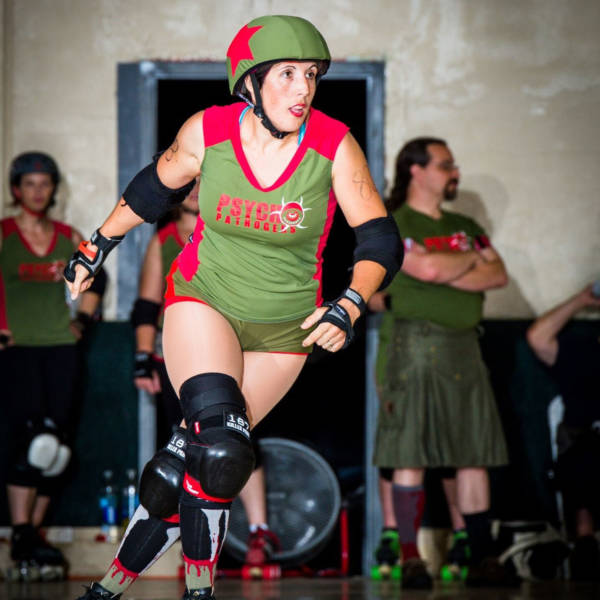Back and forth we'd scurry along the dirt paths we had created under a sloping eucalyptus grove in rural Ulupalakua, Maui: A dozen or more homeschooled children, six to twelve years of age, playing one game to the best of our abilities. The older kids in the group had created the game "Cats and Mice." We pretended eucalyptus bark was cheese, with the goal of the game being for the mice to collectively acquire all the cheese and win as a group, or for a single cat get all the cheese and win individually. This game was about negotiation, problem solving, math, gross motor skills and creativity.
This was the kind of play that filled my childhood. Not playdates, adult structured social interactions or the use of electronics, but natural, free-form play. Here in the Silicon Valley, the hub of innovation, I often see children's lives being so scheduled with activities that parents deem necessary for eventual success.
I wish I could say that I rise above this, but I don't always. I sign my kids up for summer camps in January, make calendars of their busy monthly schedules, take them to several classes a week and schedule playdates - sometimes for a week in the future. But I try to make sure we have plenty of unstructured time, too, for I worry that we have become a culture that does not trust children's instincts and fears boredom.
I remember moments of boredom as some of the best opportunities in my childhood. Free time gave way to building bows and arrows to go on wild boar hunts, designing and digging underground forts, writing stories and letters to be delivered in the mailboxes my friends and I constructed and playing in the lava caves near our house.
I got muddy, built things and experimented with the natural world. I made memories I will forever treasure. Isn't it amazing that children innately want to make sense of the world and gain mastery of skills needed in life just through play?
